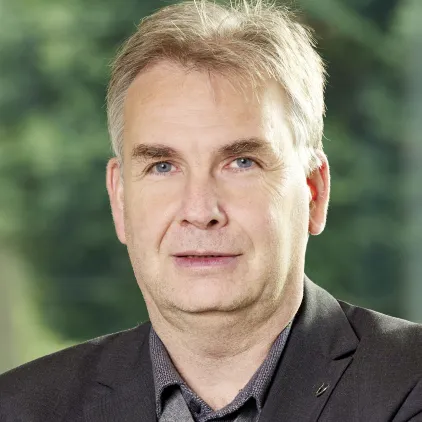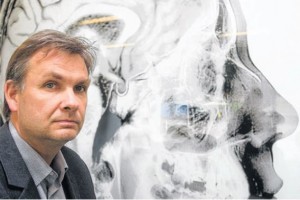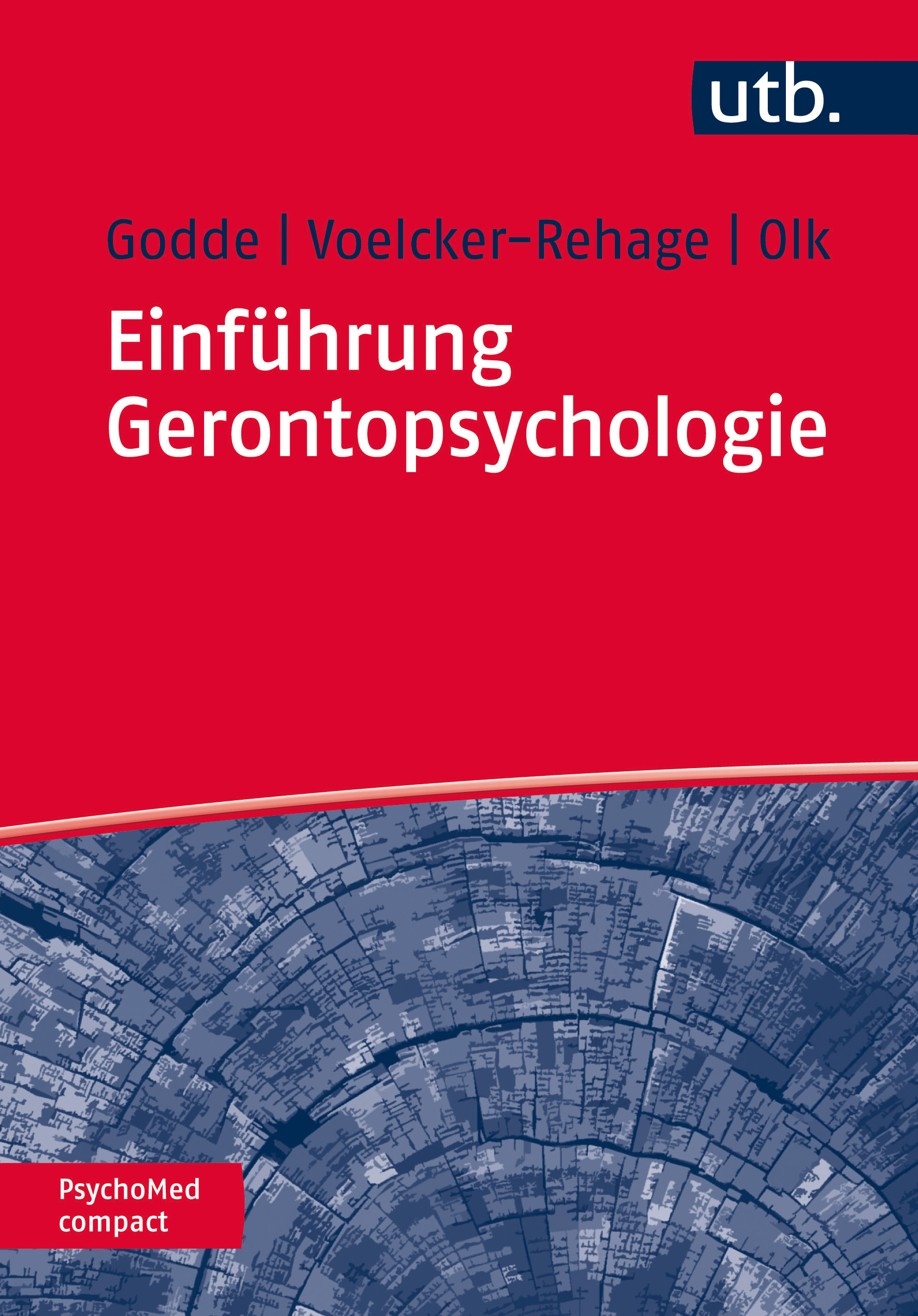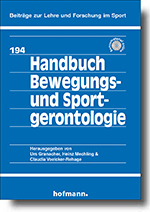

Prof. Dr. Ben Godde
Research IV
Campus Ring 1
D-28759 Bremen (Schönebeck/Grohn)
Dr. Ben Godde is Professor of Neuroscience at Jacobs University Bremen. He is mainly interested in the plasticity of basic cortical information processing as well as higher cognitive functions in humans.
Having expertise in a variety of brain research methods in animals and humans, including electrophysiology, functional brain imaging, and psychophysiology, he investigates environments and interventions in order to maintain and improve perceptual, motor, and cognitive functioning in older adults as well as to promote lifelong learning. In human performance, the research group examines the role of physical activity and fitness in the psychological and neurological functioning over the lifespan.
For details, visit me on ResearchGate or see my OrcidID:
 https://orcid.org/0000-0001-9101-7286 .
https://orcid.org/0000-0001-9101-7286 .
If you are a student interested in doing a student project or Bachelor/Master thesis project in our lab, please contact me by email or visit me in my office.
Prof. Godde teaches courses in the following programs:
B.Sc. Undergraduate Programm in Integrated Social and Cognitive Psychology
- CO-683-A/B: Neurobiology of Behavior I + II
- CO-684-A/B: Neuroscience Methods – Seminar & Lab
- CO-685-A/B: Attention, Sensation & Perception
- CAS-500314: Human Neuroscience Advanced Lab
Students can book an appointment online:
![]() Book a Meeting
Book a Meeting

Dr. Godde is a world expert in brain plasticity and lifelong learning who is well sought after by enterprises, organizations, and institutions which want to actively shape the demographic change in our industrial societies. In talks and seminars, Dr. Godde communicates in an intelligible and enjoyable way how actual findings from neuroscience contribute to our understanding of lifelong learning. He develops and presents strategies and interventions for healthy and productive aging based on the interplay of physical and mental fitness. His expertise further includes questions of sensory and haptic performance over the lifespan and what we can learn from that for designing our environment. For more information (in German) follow this link: Executive Talks and Seminars


